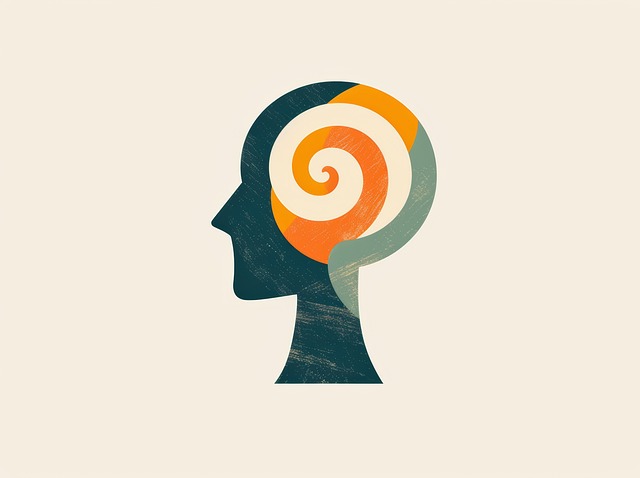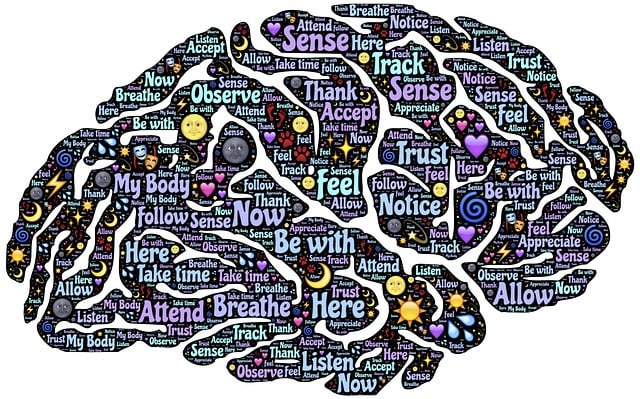Lakewood German Speaking Therapy (LGST) offers a culturally sensitive, holistic approach to mood regulation, addressing emotions and underlying issues like burnout. Their method combines traditional German practices with modern techniques like mindfulness meditation and journaling for emotional self-regulation. LGST focuses on building resilience through workshops, group sessions, and healthy lifestyle choices to prevent relapse and promote long-term well-being, emphasizing the importance of stress management in a fast-paced world.
Mood regulation is a vital skill, crucial for navigating life’s emotional landscape. In this article, we explore various strategies to achieve and maintain emotional balance. From understanding the complex interplay of mood disorders to adopting cultural perspectives like the Lakewood German Speaking Therapy Approach, we offer insights for both professionals and individuals seeking effective management. Discover practical techniques for daily application, as well as long-term resilience-building strategies for optimal mood stability.
- Understanding Mood Regulation: Unraveling Emotional Balance
- The Lakewood German Speaking Therapy Approach: A Cultural Perspective
- Practical Techniques for Daily Life: Managing Moods Effectively
- Building Resilience: Long-term Strategies for Mood Stability
Understanding Mood Regulation: Unraveling Emotional Balance

Understanding Mood Regulation is a crucial step towards achieving emotional balance. At Lakewood German Speaking Therapy, we recognize that our emotions are complex and deeply intertwined with our daily lives. This balance isn’t about suppressing feelings but rather learning to navigate them effectively. Our approach integrates various strategies, including Social Skills Training and Trauma Support Services, to empower individuals in managing their moods and cultivating resilience. By addressing underlying issues like burnout prevention, we help clients develop coping mechanisms that foster overall well-being.
The Lakewood German Speaking Therapy Approach: A Cultural Perspective

The Lakewood German Speaking Therapy Approach offers a unique cultural perspective on mood regulation strategies. Rooted in the rich tradition of German-speaking therapeutic practices, this approach prioritizes addressing emotional well-being within a broader social and cultural context. Therapists trained in this method believe that understanding a client’s cultural background is essential for effective treatment. By integrating cultural elements into therapy sessions, practitioners create a safe and supportive environment where individuals can explore their emotions while leveraging their inner strength development.
This approach recognizes the significant role of community and family dynamics in stress management. It encourages clients to draw upon their cultural heritage as a source of resilience and coping mechanisms, which may differ from mainstream therapeutic practices. The Lakewood German Speaking Therapy model also extends its expertise in trauma support services, acknowledging that many individuals carry unprocessed traumatic experiences that can impact mood regulation. By sensitively navigating these complex issues within the context of cultural understanding, this approach aims to provide holistic healing and personal growth.
Practical Techniques for Daily Life: Managing Moods Effectively

In our fast-paced world, effectively managing moods on a daily basis is crucial for maintaining overall well-being. Lakewood German Speaking Therapy offers practical techniques to help individuals navigate emotional ups and downs. Strategies such as mindfulness meditation, deep breathing exercises, and journaling can serve as powerful tools for self-regulation. These simple yet effective practices enable individuals to create a sense of calm, gain perspective, and foster resilience in stressful situations.
Moreover, cultivating cultural sensitivity in mental healthcare practice plays a vital role in successful mood regulation. Understanding and incorporating empathy building strategies that resonate with individual backgrounds can significantly enhance therapeutic outcomes. By recognizing and respecting cultural nuances, therapists can create a safe and supportive environment, fostering open communication and deeper connection, ultimately contributing to more effective burnout prevention.
Building Resilience: Long-term Strategies for Mood Stability

Building resilience is a key aspect of achieving long-term mood stability. It involves developing coping mechanisms and strategies that empower individuals to navigate life’s challenges with greater ease. At Lakewood German Speaking Therapy, our focus on resilience goes beyond immediate symptom relief; we equip clients with tools to prevent relapse and promote overall well-being. This includes teaching effective stress management techniques through workshops and group sessions, fostering a sense of purpose, and encouraging healthy lifestyle choices that support emotional regulation.
By integrating these strategies into daily life, individuals can build a buffer against mood disorders like depression. The Stress Management Workshops Organization emphasizes the importance of proactive measures in maintaining mental health. Regular practice of mindfulness, exercise, and social connection, combined with professional guidance, creates a robust foundation for managing and regulating emotions effectively. This holistic approach ensures that individuals are better equipped to handle stress and maintain a stable mood over time.
In exploring mood regulation strategies, this article has delved into both theoretical foundations and practical applications. Understanding emotional balance involves recognizing triggers and cultivating awareness, as seen in the Lakewood German Speaking Therapy Approach. Daily life management techniques empower individuals to navigate their moods effectively. Additionally, building resilience offers long-term strategies for achieving mood stability. By integrating these insights, readers can enhance their emotional well-being and lead more balanced lives.














